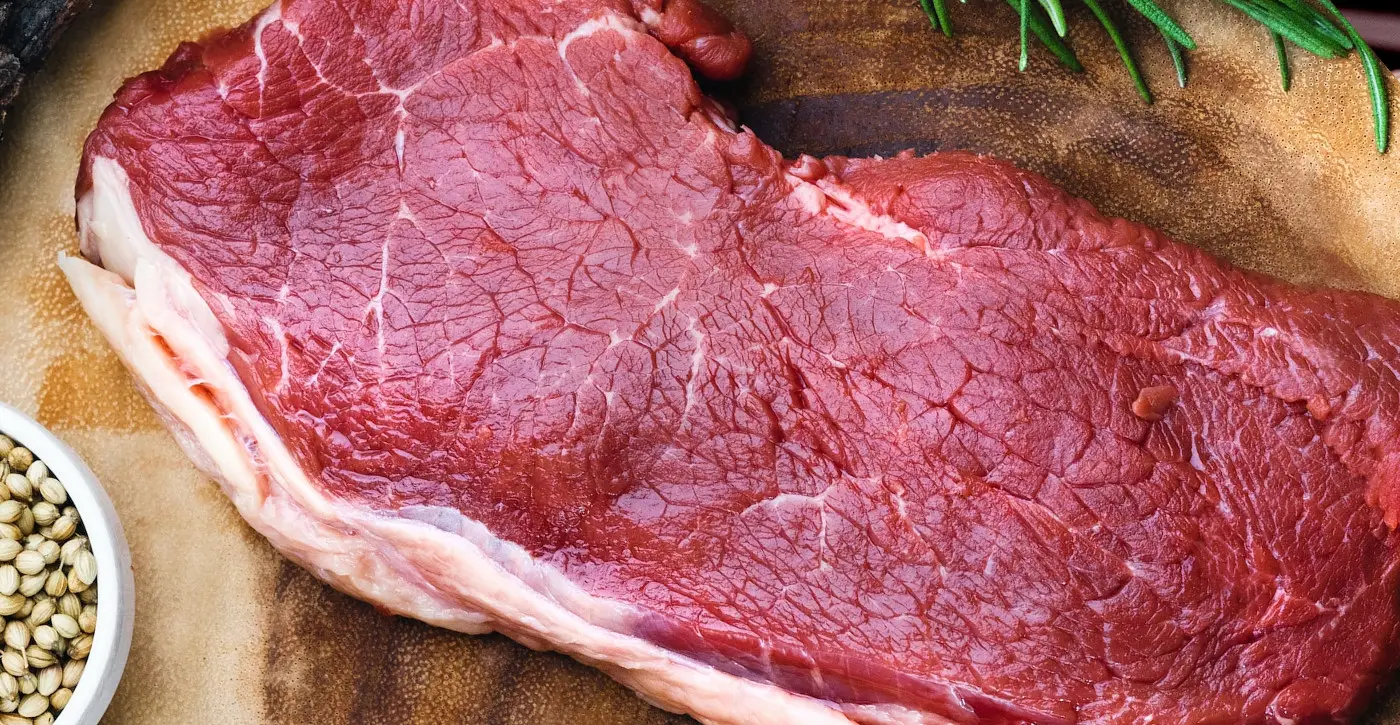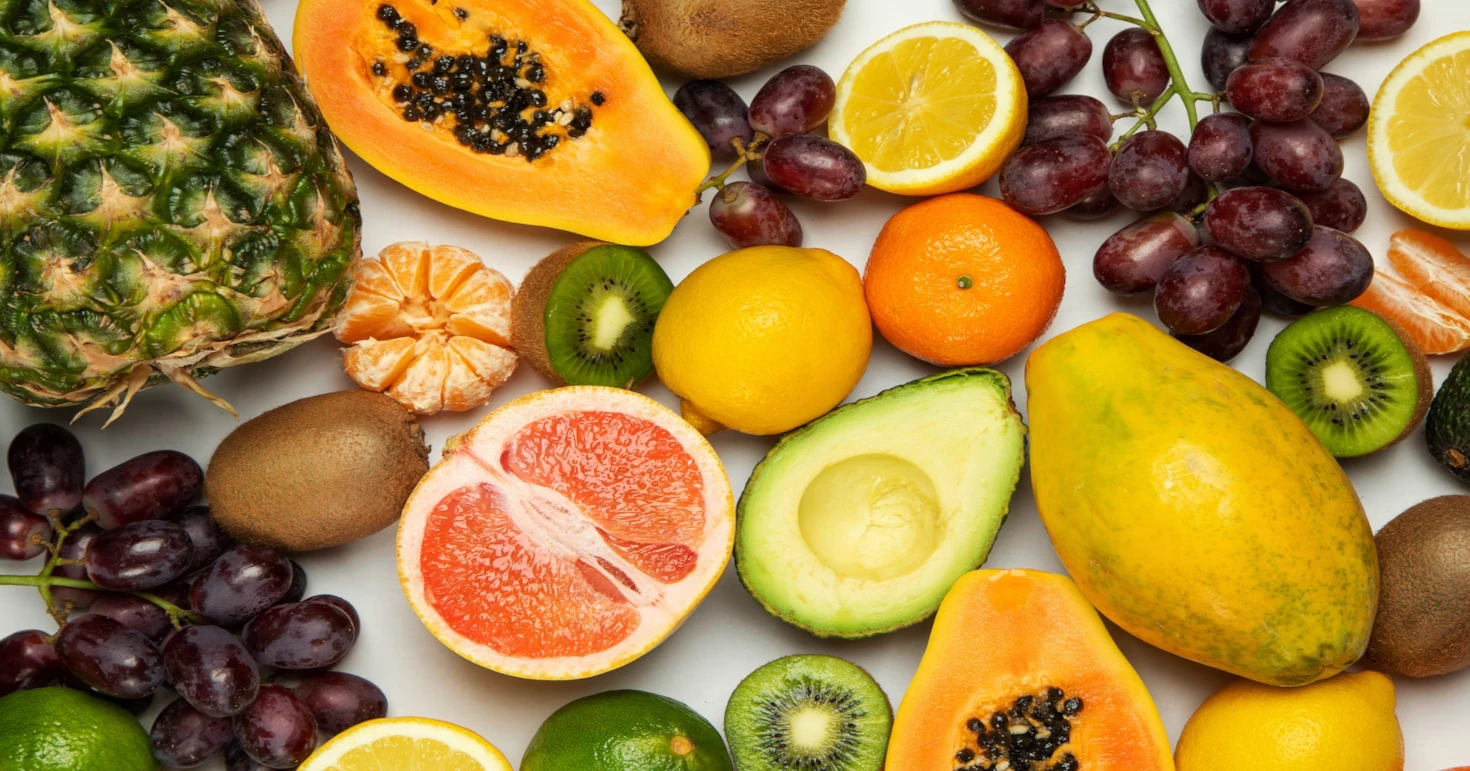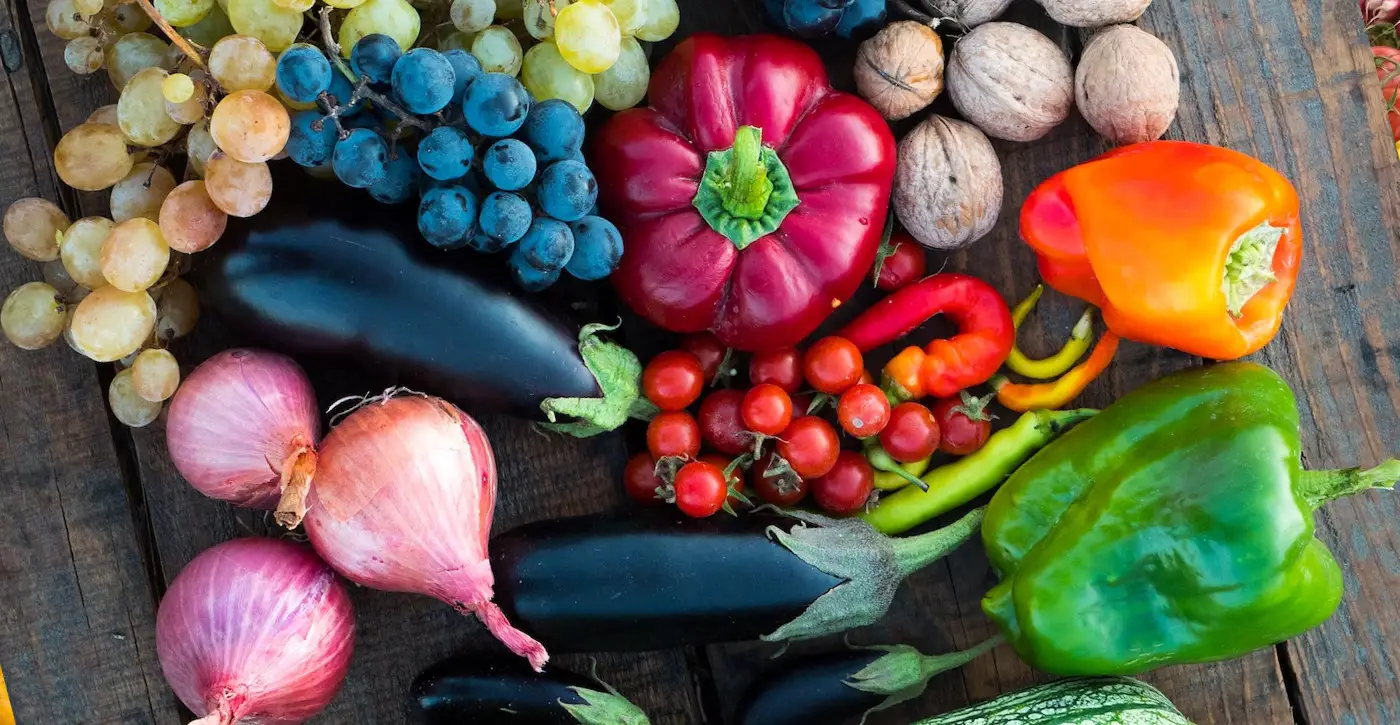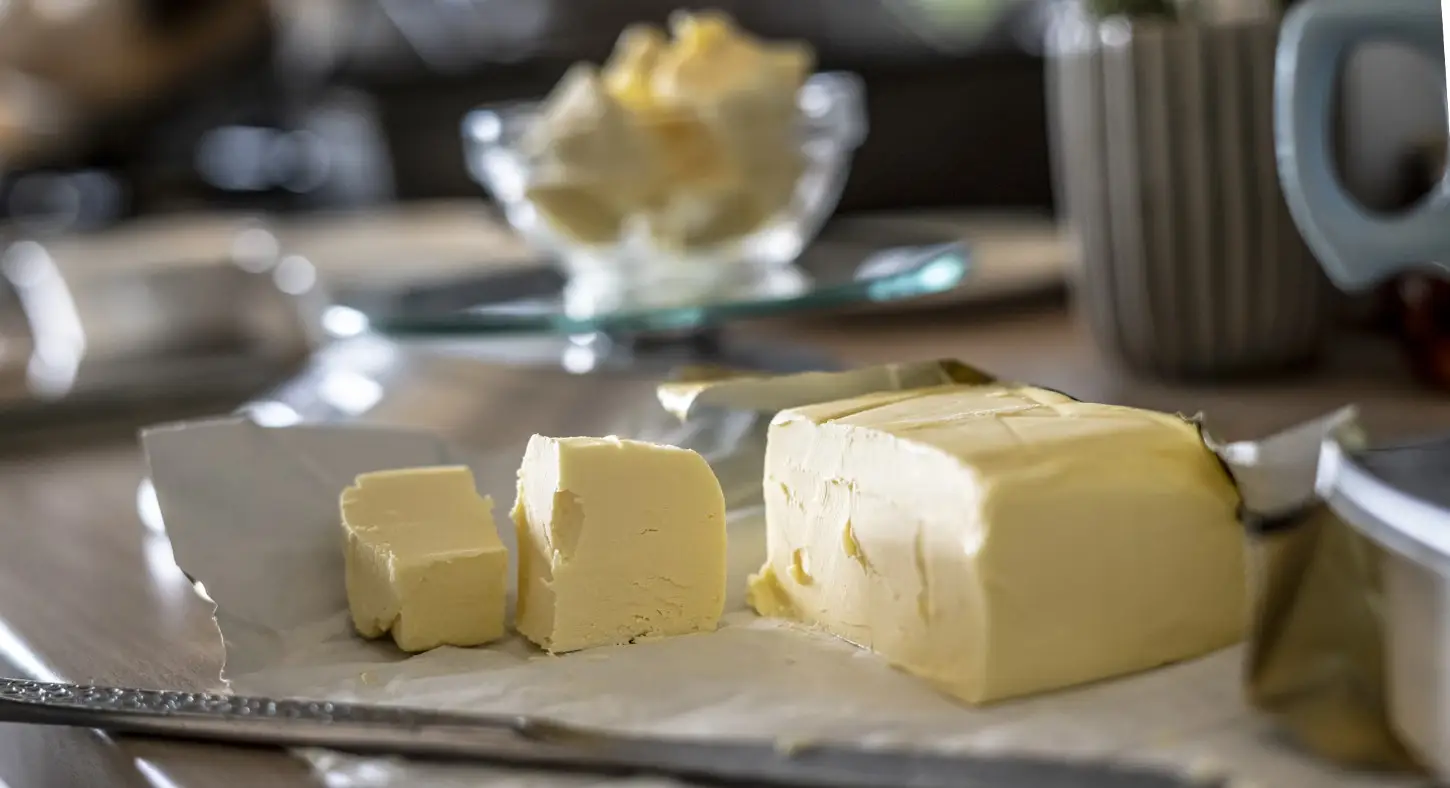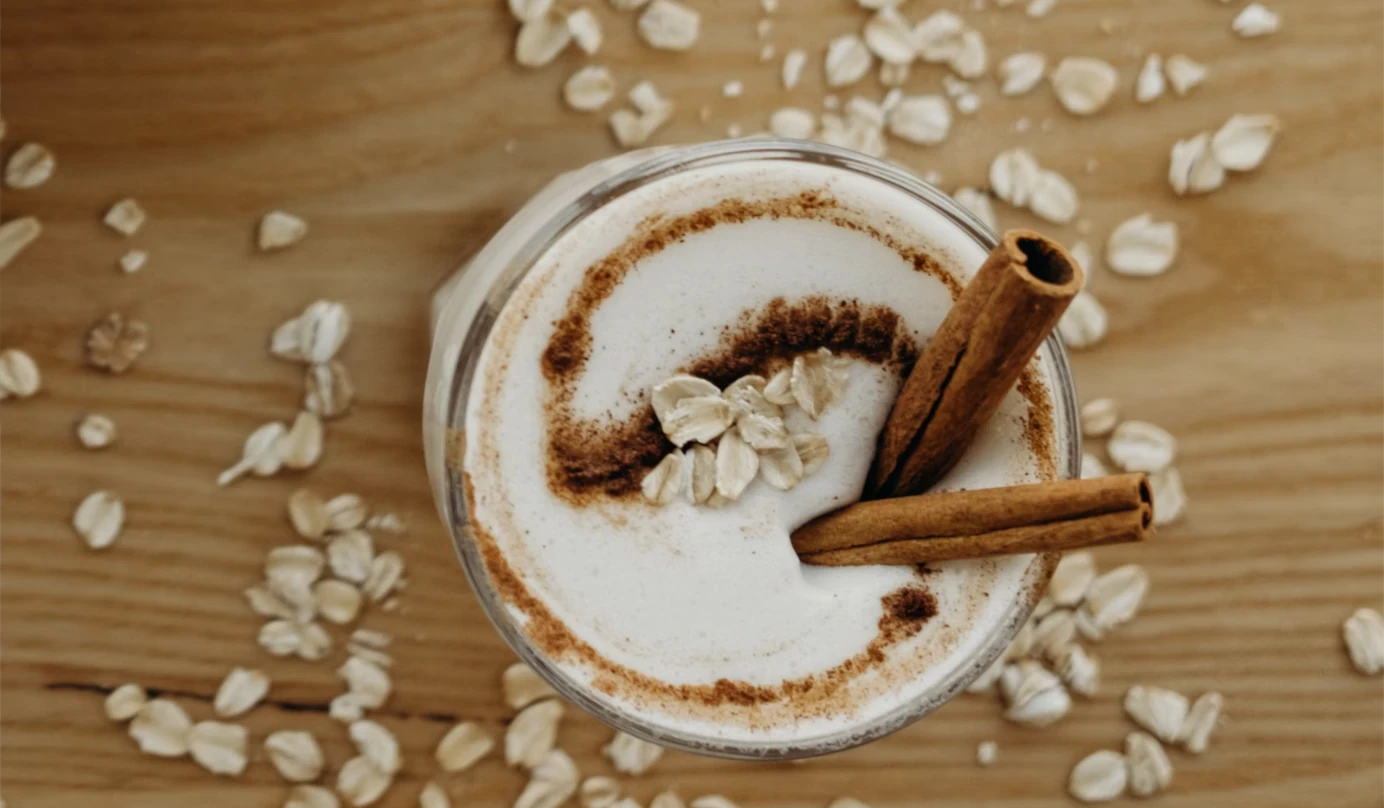Caviar, Black And Red Lysine and Arginine Info Sheet
Overview
Caviar, black and red is a delicacy made from the salted and cured roe of sturgeon fish.It is usually served as an appetizer, garnish, or spread.
Caviar, black and red is high in protein, omega-3 fatty acids, vitamin B12, selenium, and choline.
It also contains some cholesterol, sodium, and purines.
| Name | Lysine (mg/100g) | Arginine (mg/100g) | Ratio |
|---|---|---|---|
| Caviar, Black And Red | 183.13mg | 158.75mg | 1.154 |
Caviar, Black And Red contains 183.13mg of Lysine and 158.75mg of Arginine per 100g of product.
This means Caviar, Black And Red has a neutral Lysine-Arginine ratio of 1.154.
Because Caviar, Black And Red has a neutral ratio of lysine and arginine, it does not have a significant impact on people who suffer from herpes, as it does not affect the viral activity.
Lysine Considerations
Caviar, black and red is a good source of lysine, as it provides about 37% of the RDI per 100 grams.
Lysine is an essential amino acid that is important for collagen synthesis, immune function, and calcium absorption.
Lysine can help prevent or treat cold sores, which are blisters caused by the virus HSV-1, also known as herpes.
Lysine works by blocking the growth of HSV-1, which needs another amino acid called arginine to multiply and infect cells.
Lysine can only be obtained through diet, and can be found in a variety of high-protein foods like milk, cheese and yogurt, fish, eggs, meat and poultry.
Arginine Considerations
Caviar, black and red is a good source of arginine, as it provides about 132% of the RDI per 100 grams.
Arginine is a semi-essential amino acid that is involved in nitric oxide production, wound healing, and urea cycle.
Arginine can contribute to cold sore outbreaks, which are blisters caused by the HSV-1 virus, also known as herpes.
Arginine aids in the growth of HSV-1, which needs this particular amino acid to multiply and infect cells.
Arginine can be obtained through our diet, and is found in many high-protein foods such as nuts, seeds, and chocolate.
Regrettably, the herpes virus is known to "feed" on arginine, and a diet a good source of arginine compared to lysine may increase the frequency and severity of cold sores and herpes outbreaks.
Lysine-Arginine Ratio
Caviar, black and red has a high lysine-arginine ratio, which means that it may be beneficial for people who have herpes simplex virus (HSV) infections.
HSV requires arginine for replication, and lysine may inhibit its growth.
Therefore, foods with a high lysine-arginine ratio may help prevent or reduce HSV outbreaks.
Both lysine and arginine play crucial roles in protein synthesis and other metabolic activities.
Interestingly, they have contrasting effects on the herpes simplex virus, which is responsible for cold sores and genital herpes.
Lysine can prevent the virus's ability to replicate, while arginine can promote it.
Consequently, consuming foods with a high lysine to arginine ratio may help decrease the frequency and severity of herpes flare ups.
Foods with a high lysine-arginine ratio include dairy products, fish, poultry, fruits, and vegetables.
These foods can supply the body with sufficient lysine to block the virus's absorption of arginine, thereby preventing its growth and spread.
Dietary Considerations
Like most animal products, seafood is a decent source of lysine and poor in arginine.
Eating seafood can help promote the immune system and fight off herpes infections.
Seafood also contains iodine, selenium, and zinc, which are essential for thyroid function and skin health.
Oysters, shrimp, and snails are some of the seafood that have the highest lysine to arginine ratio.
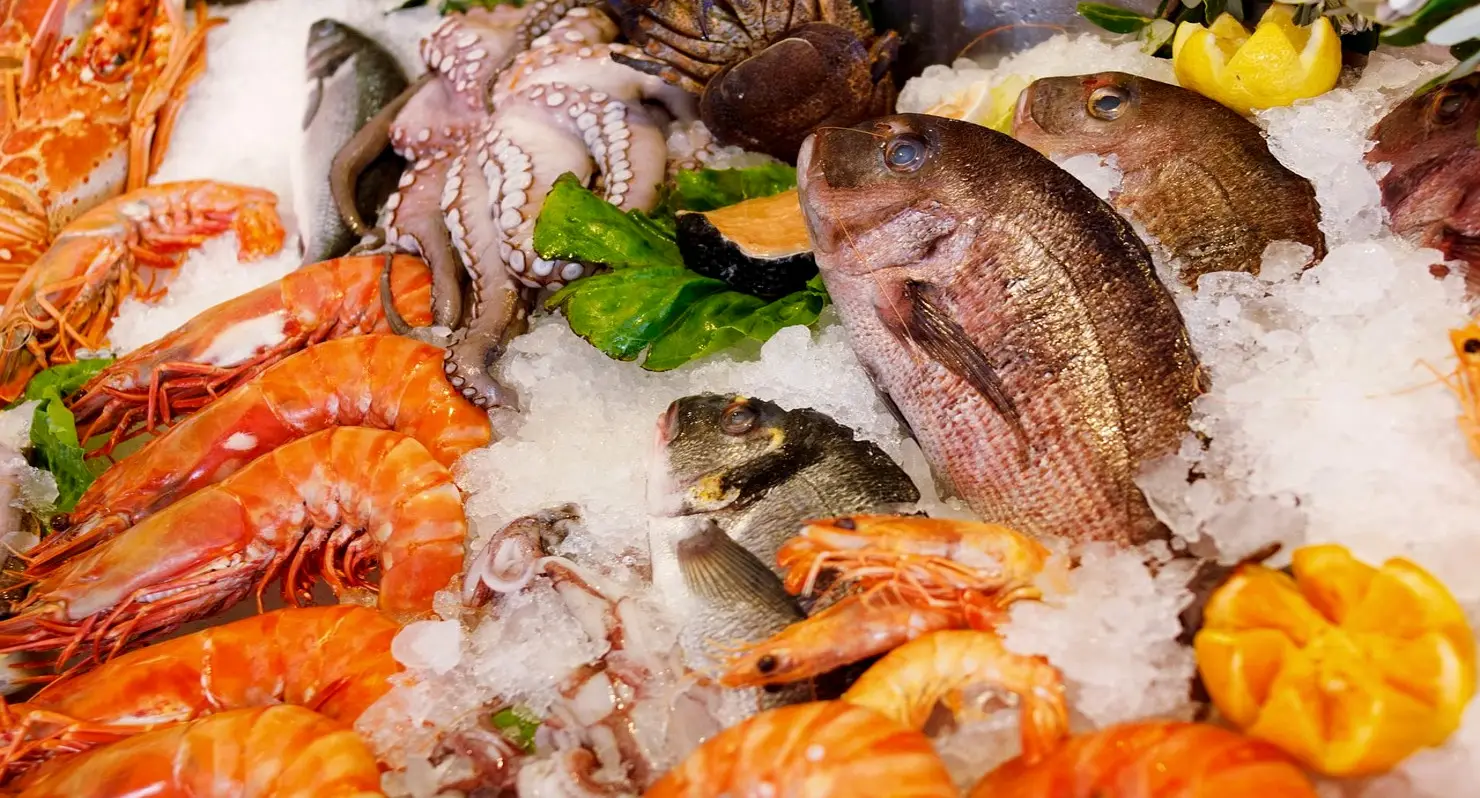
For instance:
A diverse and nutritious diet that supports your immune system and fights inflammation is essential.
This means you should eat lots of fruits, vegetables, whole grains, lean protein, and healthy fats, and steer clear of processed foods, added sugars, alcohol, and caffeine, which can harm your health.
Avoid alcoholic beverages and caffeine which can overstimulate your body, leave you dehydrated, and compromise your immune system.You may want to take l-lysine supplements.
L-lysine is known to prevent herpes outbreaks and it can help stop a cold sore in its initial stages by "starving" the virus of arginine before it has a chance to cause a cold sore.
Foods that can boost your immunity and fight inflammation are essential to prevent outbreaks.
Honey, yogurt, aloe vera, and chamomile are some examples of these foods.
They can also soothe your symptoms and help you recover quicker by reducing pain, swelling, and itching.
Check more food information
